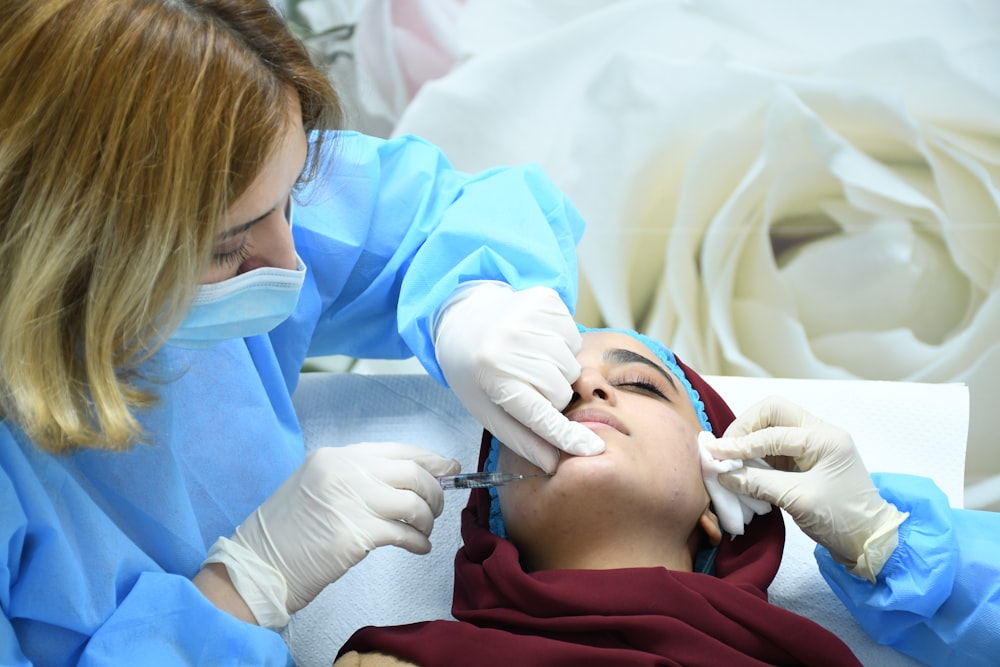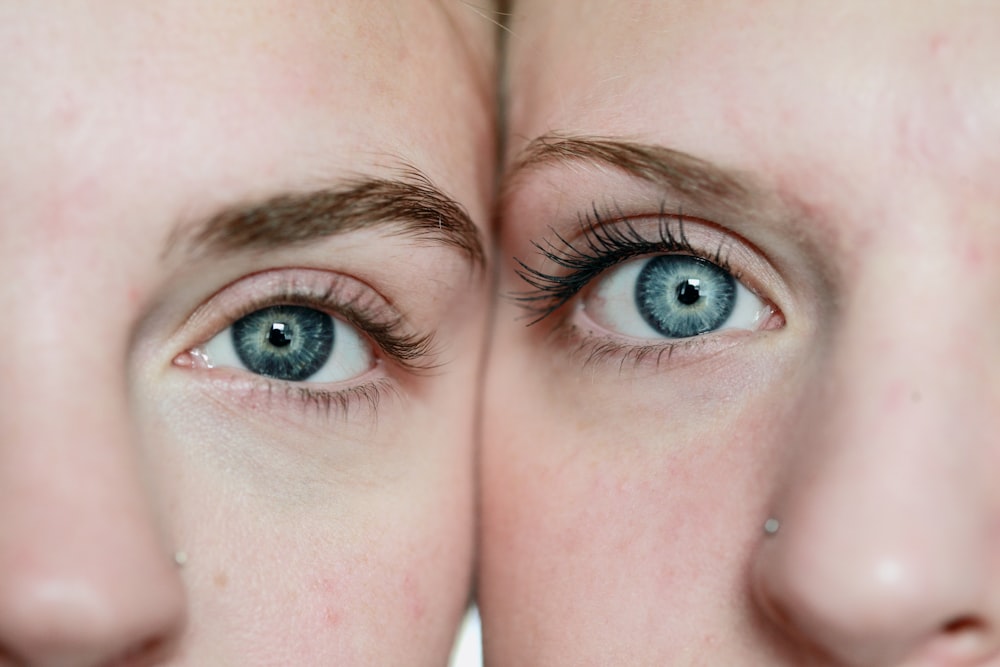
Psoriasis is a chronic skin disease with no known cure. It is an immune system problem that propels the skin to regenerate faster than normal. Consequently, angry red welts and very scaly patches form on the skin surface. These scaly patches of skin are often itchy or uncomfortable.
Psoriasis is most commonly found on the elbows, knees, soles of the feet, scalp, palms, lower back and face. Sadly, the general population doesn’t understand much about this skin condition. As a result, it’s common for people to shy away from those with visible psoriatic skin lesions, thinking they are contagious or unhygienic. This impacts the emotional well-being and social behaviour of the psoriasis patient.
It’s important to emphasize that psoriasis is an autoimmune disease that only affects the individual with it, and is not contagious. This health condition typically occurs in cycles wherein a trigger makes the skin flare up for weeks or months. Later, it subsides for a while and comes back when a new trigger stimulates the body. Apart from being uncomfortable, psoriasis can impact one’s self-confidence, especially since the media utilizes models with supple, silky, and smooth skin. Hence, it is imperative for everyone to understand more about this disease, so people don’t inadvertently alienate someone suffering from this skin condition.
Signs and Symptoms of Psoriasis
The severity of the skin condition of psoriasis varies, based on each individual case. However, common signs and symptoms of psoriasis include the following:
- Red patches of skin
- Lesions with thick, silvery scales
- Dry, cracked, scaly skin that itches or bleeds
- Burning sensation with soreness
- Unhealthy looking nails with pits and ridges
- Stiff joints, accompanied by swelling for some
Again, these patches of psoriasis can be just a few spots that cover the elbows or knees. In severe cases, however, the skin eruptions can cover a large area like the whole lower back or a person’s entire scalp. In some cases, lesions can even appear inside the aureole or ear canal. Others complain that they get lesions in their buttocks or genital regions, which can heighten the discomfort of the condition.

How Psoriasis is Diagnosed
Your general practitioner will typically refer you to a dermatologist for topical lesions. Those who feel joint issues can also get a consultation from a rheumatologist. Typically, the specialist will ask questions about your personal health and family medical history because your genes impact your susceptibility to psoriasis.
From there, a physical exam of your skin, nails, and scalp is performed. If the doctor is unsatisfied with the clinical interview and visual inspection, a small skin sample will be taken for further biopsy and lab analysis. This can help determine what type of psoriasis an individual has. The lab work will also help rule out other related disorders.
Below are some of the different types of psoriasis:
- Plaque: The most common type, with red patches and silvery scales that feel tender and very itchy.
- Nail: This affects fingernails and toenails, resulting in pits, ridges, and discoloration. In the worst-case scenario, the abnormal nail growth will separate the nail from the bed.
- Guttate: Watch out for tiny, drop-like lesions on the arms, legs, and torso. This generally affects children and young adults after a round bacterial infection.
- Inverse: This affects sensitive areas like the breast, butt, and groin. The skin feels worse with sweat and friction.
- Pustular: This lives up to its name by giving pus-filled lesions in small and widespread patches. Fortunately, this painful form is rare.
- Erythrodermic: Another painful variant that is least common. This covers the whole body with a peeling rash with a painful burning sensation.
- Psoriatic arthritis: This condition causes swollen joints, similar to that of arthritis. It can range from mild to severe, progressing from stiffness to permanent joint damage.

Underlying Causes of Psoriasis
Why does skin cell production go on overdrive in conditions such as psoriasis? Doctors believe that both genetics and environmental factors play a role in the onset of psoriasis.
To illustrate, psoriasis is a condition that often runs in families. If your grandparent or parent has psoriasis, you have a greater risk of acquiring the condition. Thankfully, treatments are available, as well as lifestyle changes to help avoid triggers. Examples of things that can trigger psoriasis to flare up include:
- Bacterial infections (such as strep throat or skin infections)
- Extremely cold, dry weather
- Any injury to the skin ranging from a tiny scrape to severe sunburn
- Stressful conditions affect the immune system and can trigger psoriasis
- Smoking increases the risk and severity of disease
- Exposure to secondhand smoke
- Excessive alcohol intake
- Certain prescribed medications such as antimalarial drugs or hypertension medications
- Abruptly stopping the use of systemic or oral steroids
Treatment of Psoriasis
Treatment options for psoriasis vary based on the severity of the condition. In general, treatment begins with the mildest topical creams before progressing to more systemic therapies like biologics.
The primary goal of treatment is to mitigate the skin cells from multiplying too quickly, stop inflammation, and remove the scales with the fewest possible side effects. Treatment plans do not offer a permanent cure, but do offer some relief of symptoms. Treatment options include the following:
- Ultra moisturizing creams such as Cetaphil Restoraderm
- Prescriptions such as hydrocortisone or the more potent triamcinolone cream (Prolonged use is not advisable as it can make the skin thin)
- Retinoids (Wear with sunblock as it makes skin sensitive to light)
- Vitamin D analogues to address deficiencies and strengthen the immune system
- Calcineurin inhibitor creams like Elidel (Not for those who are trying to conceive, pregnant, or breastfeeding)
- Salicylic Acid topical lotions and shampoo
- OTC coal tar soaps, ointments, or shampoo (Downside is strong odor and brown color that leads to clothing or linen stains)
- Phototherapy or light therapy from simple sun exposure to the more elaborate UVA/UVB machines
- Injection treatments from steroids to biologics
The objective is to find the best combination of treatments to slow down the cell turnover rate and improve skin appearance. The treatment will depend on the condition of the psoriatic patient, and how responsive this person is to medications. It can take a bit of trial-and-error experimentation to find the approach that works. The patient’s compliance with the suggested therapies is also critical for a successful outcome.
Though treatment plans can help manage symptoms, individuals must also incorporate healthy lifestyle habits and coping techniques to improve their quality of life despite having psoriasis. Some patients note that cutting gluten out of their diet and taking probiotics have helped with managing their symptoms. Meanwhile, many patients say that managing stress with exercise has also helped tremendously, if stress tends to trigger their psoriasis. Skin lesions can adversely impact self-esteem and lead to depression, so proper mental health care is essential as well.
Take a Proactive Approach to Your Skin Health
If you suspect that you may have psoriasis or another skin condition, seek a doctor’s opinion. You need medical intervention if your skin issues become widespread, cause pain or discomfort, persist or result in joint problems that affect daily tasks. It would also help to know your genetic predisposition to skin conditions such as psoriasis, for example by viewing your CircleDNA skin report. This way, you’ll know which skin conditions you’re genetically at risk of developing, if any.
Understanding the risks can help you avoid the triggers. Unfortunately, you can develop other autoimmune conditions like celiac disease, asthma, irritable bowel syndrome, or sclerosis when you suffer from psoriasis. With psoriasis, many are also at higher risk for type 2 diabetes, high blood pressure, and malignancy.
Always remember, if you are currently under psoriatic treatment, seek help about changing treatment plans if there’s no improvement in your skin. You are your own best advocate, so don’t be afraid to ask for alternative therapies. Though psoriasis is a chronic condition, you can still enjoy a good quality of life with the right solutions, habits, attitude, coping skills, and treatment options that relieve some of your symptoms.







Comments are closed.